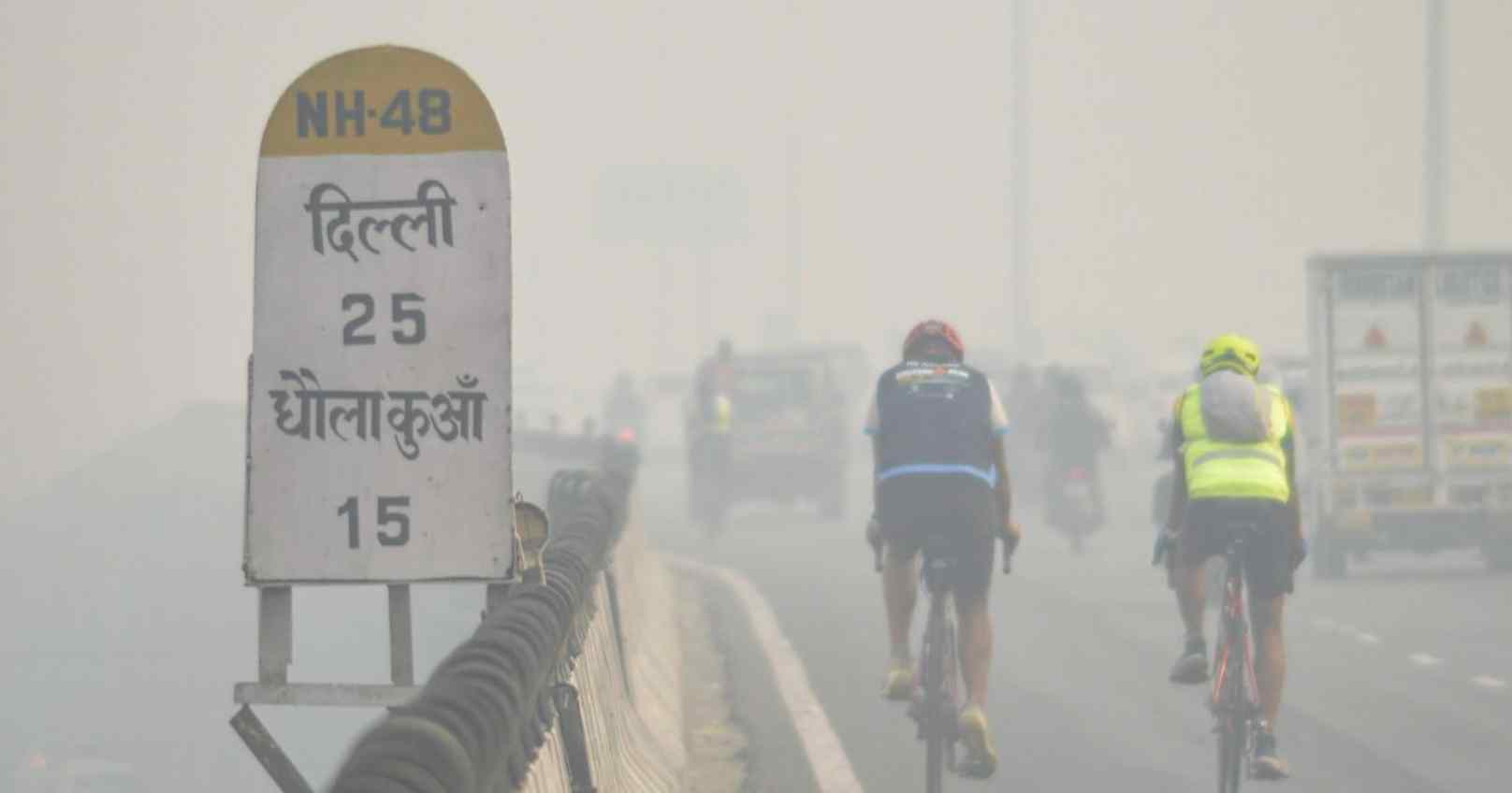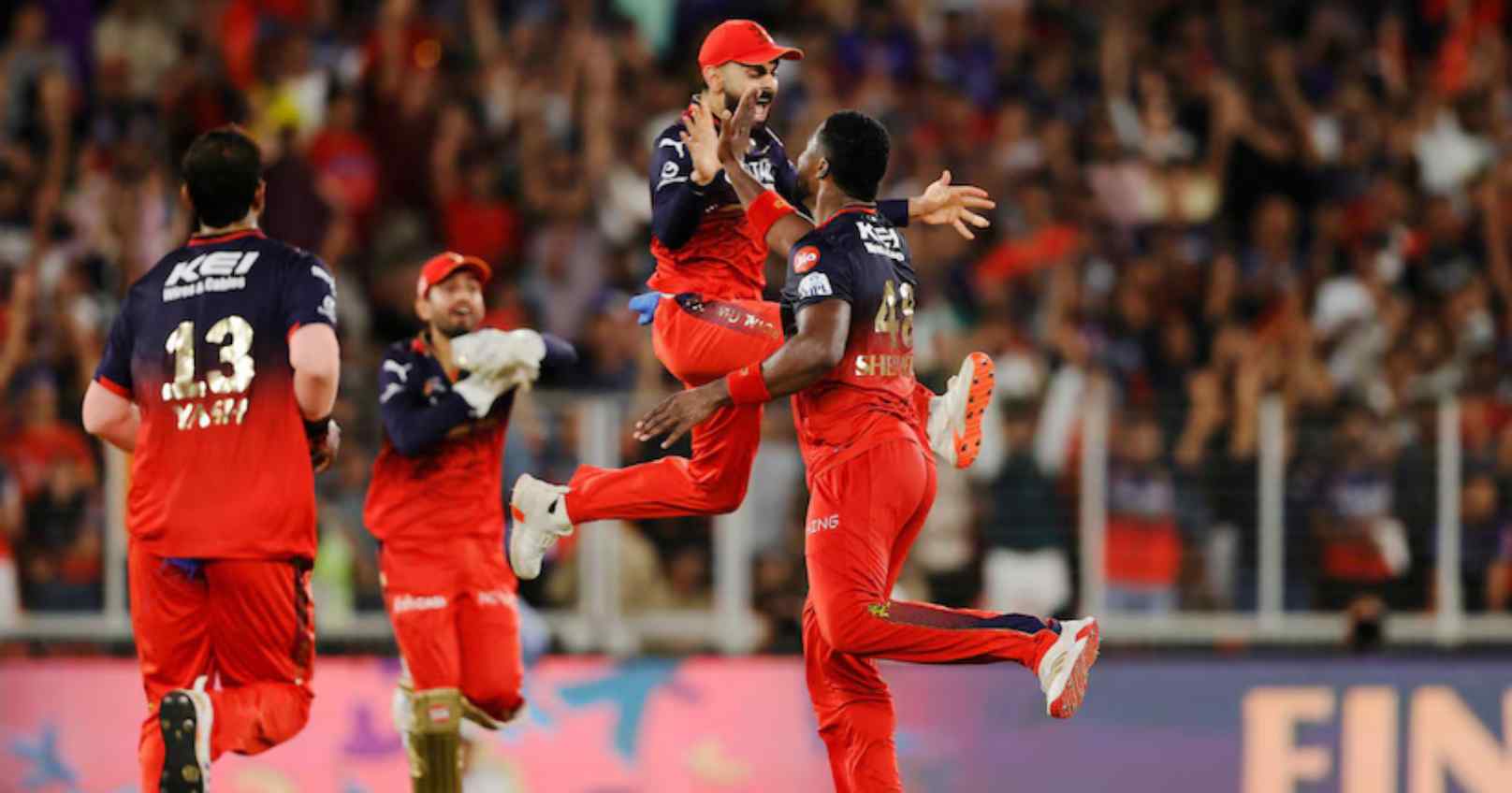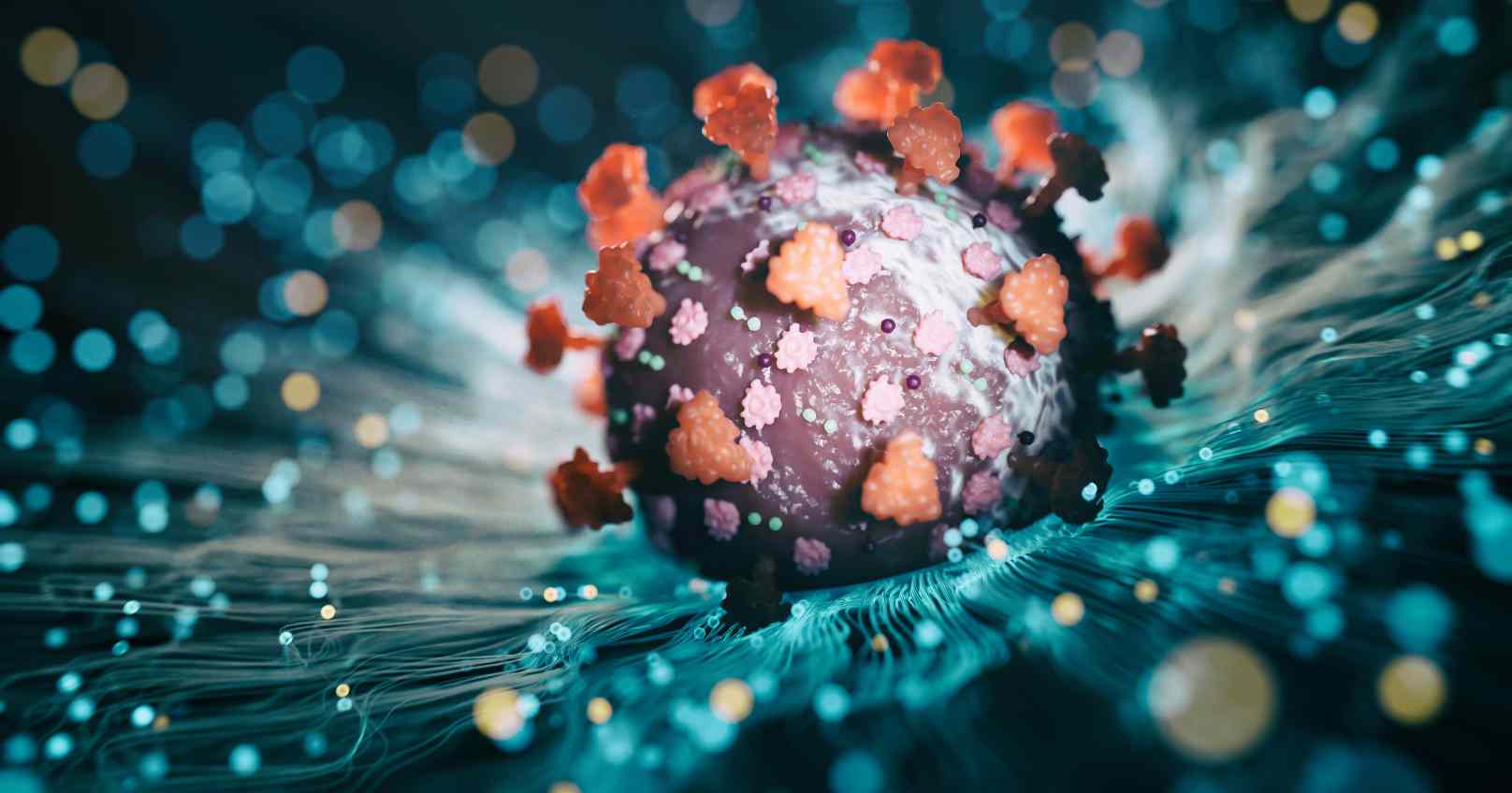Delhi's air quality fell to the "very poor" category on Thursday morning, as a thick smog settled over parts of the city, coinciding with Diwali celebrations later in the day.
Data from the Central Pollution Control Board (CPCB) showed an average Air Quality Index (AQI) of 329 across 39 city stations by 7 a.m., categorizing it as "very poor." The AQI scale ranges from "good" (0-50), "satisfactory" (51-100), "moderate" (101-200), "poor" (201-300), to "very poor" (301-400) and "severe" (401-500). Specifically, the AQI in areas like Aya Nagar was recorded at 308, while Jahangirpuri and Dwarka saw higher readings of 395 and 359, respectively.
Meteorologists have noted that Delhi’s AQI may improve later in the morning, around 11 a.m., as temperatures rise and wind speeds increase. Thursday’s weather forecast from the India Meteorological Department predicts a clear sky, with temperatures expected to range from a maximum of 36 degrees Celsius to a minimum of 21 degrees.
Delhi's air quality has been deteriorating over recent weeks, and on Wednesday, AQI levels remained in the "very poor" range amid concerns that Diwali fireworks could worsen pollution levels further. In nearby areas, Ghaziabad, Gurugram, Greater Noida, and Noida recorded "poor" air quality, while Faridabad remained slightly better with a "moderate" AQI of 181, according to the CPCB.
Former Delhi Chief Minister Arvind Kejriwal, in a Wednesday press briefing, appealed to residents to avoid using firecrackers and celebrate Diwali by lighting diyas. This aligns with the Aam Aadmi Party (AAP) government’s complete ban on all types of firecrackers in Delhi until January 1, 2025. Kejriwal emphasized that Diwali is a "festival of lights, not crackers," stressing the importance of protecting both Hindu and Muslim residents from pollution hazards.
In 2023, Diwali, observed on November 12, saw the city’s best air quality in eight years for the holiday, with an average AQI of 218.







